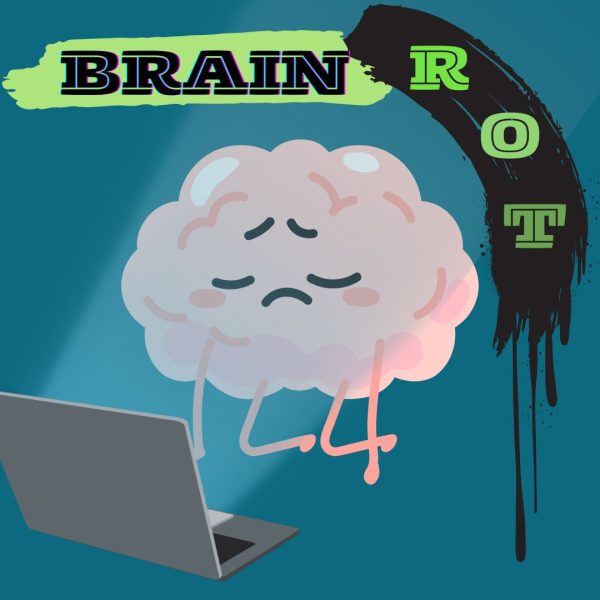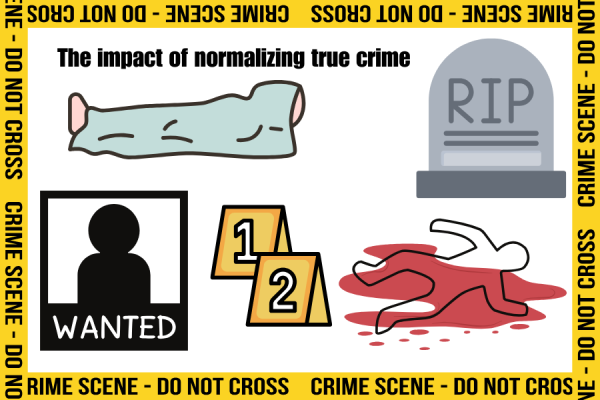Remembering a legend: Marsha P. Johnson
Marsha P. Johnson’s story is often one forgot, but the world wouldn’t be the way it is without her.
Knowing the history of a community helps us better understand it today. LGBT+ history has been taken out of the history books. By understanding the contributions of Marsha P. Johnson, the initiator of the LGBT+ movement, we can begin to learn the history of an essential part of our community. “The Death and Life of Marsha P. Johnson,” a 2017 published Netflix documentary, portrays the journey of the black transgender woman who initiated the LGBT+ movement as it’s known today. David France, a nonfiction author and filmmaker, produced this heart-wrenching story about Victoria Cruz’s mission to gain justice for Marsha P. Johnson. While her death was officially declared a suicide, the transgender community disapproves of this verdict. Those who were closest to Johnson don’t believe that she would ever want to end her life.
“It certainly was not suicide. That was an insult to the family,” Randy Wicker , Johnson’s roommate, said “There was no way Marsha would have committed suicide, but the police just made up their mind that ‘this case is over with and we don’t want to be bothered by it cause this is a nobody. This isn’t a person.’”
Despite the hardships that Johnson went through, she always fought for transgender liberation and used her life to better the lives of others. Johnson’s most well-known achievement was starting the Stonewall riots. In the 1970’s, gay and lesbian Americans were not allowed to be in bars, so when the police began to raid the club Stonewall, Marsha P. Johnson started to revolt. Johnson started her own organization, Street Transvestite Action Revolutionaries also known as STAR.
“[STAR] was a part of the people’s revolution,” Cruz said, “And it was time for us to show we are human beings.”
This organization took in many of the transsexual and transgender sex workers that still face violence and danger today. Many of these women were homeless, as it was hard for them to find jobs. STAR has remained the unknown savior of transgender and transsexual individuals in the LGBT+ community, but the contributions of transgender people to the movement toward equal rights are at risk of being forgotten. Even the creation of this documentary erases the contribution of black transgender women like Johnson.
While this documentary is beautiful and showcases the struggles of transgender and transsexual people, the story was originally Reina Gossett’s and Sasha G. Wortzel’s. Their grassroots research and interviews competed with the well funded and known David France, and sadly they lost this battle. Gossett began documenting long before ‘The Death and Life of Marsha P. Johnson’ came to light, while she was in the process of creating her own documentary ‘Happy Birthday Marsha’. Reina Gossett claims that David France got the idea from her original documentary, which begs the question: who has the right to tell the story of a black trans woman? While recognizing the importance of its history, the transgender community faces many of the challenges that Marsha P. Johnson battled against.
According to the National Transgender Discrimination Survey, 51 percent of transgender and transsexual people have attempted to commit suicide and 78 percent of transgender youth report harassment. The numbers tell the truth about the state of the transgender community. Intolerance and violence plague the transgender and transsexual community that has always been at the frontline of the LGBT+ movement which hasn’t yet fought for them.
“It was hard to be a gay person back then. They would take us into the jail for no reason,” Rivera said. “They just didn’t care. We were trans, outcast, society doesn’t want [us].”
Rivera faced many of her own challenges after Johnson’s death. She faced homelessness and eviction from the streets she lived and worked on. This process of “sweeping” displaced those who were already struggling. Rivera gave the famous “Y’all better quiet down speech” at the New York City Christopher Street Liberation Day in 1973 that brought forth how the transgender and transsexual community has been excluded from the gay rights movement. She was booed off stage, and described feeling an immense amount of hate from a community she fought so hard for.
“What about the T, remember the T,” Rivera said. “I will not forgive the movement for anything they have done to my community.”
Eventually, Rivera got her moment on stage at the Millennium March of 2000. She was finally able to get the recognition she deserved in her latest stage of life. She died two years later due to liver cancer, and the community has been growing ever since. Transgender visibility is higher than it’s ever been, and the repeal of laws such as HB2, the transgender bathroom law, shows that they are making progress. As transgender and transsexual persons march towards equality, it’s important not to forget the woman who brought us to where we are. Thank you, Marsha P. Johnson.








